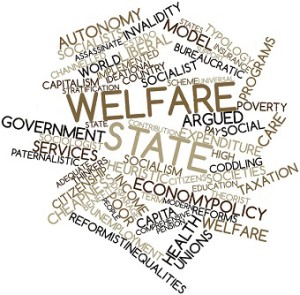
There is no contradiction between happiness and well-being.
The idea that we always have an alternative between Power, with a capital P to indicate Power or Will to Power as some philosophers want, not only Nietzsche, but before him almost all the Enlightenment and some Utilitarians, is an idea apparently convincing, but that To put in contact with the idea of Happiness, its consistency is not so solid.
Power or Will to Power as some philosophers want, not only Nietzsche, but before him almost all the Enlightenment and some Utilitarians, is an idea apparently convincing, but that To put in contact with the idea of Happiness, its consistency is not so solid.
There is a power between the meek, the silent and those who know how to listen and engage in a dialogical process, the power for them is different from potency because every agapic act, a form of “happy” love, is also an act of power that does not makes the Manichean game.
In biblical terms in the same passage Jesus says to the disciples that “all authority has been dating him between heaven and earth” (Mt 18:28), he also guarantees that he will be with them immediately in the sequence, “to the end of time” meaning peace an agapic form, that brings comfort and happiness; But should not be confused with unconsciousness.
It is precisely this that deals with the hermeneutics of Gadamer, and his book and main work Truth and Method, does nothing other than the construction of true historical consciousness within a dialogic process and hermeneutic synthesis, is his method and can very well Interact with other logic systems, provided they are open, but it is not a Systems Theory.
What is happiness then? In hermeneutical logic the relationship with others, openness to assistance proposes the empowerment of Amartya Sen, and the construction of the common good as people in good faith want.
Of course it is not the happiness of consumerism and power as men understand it should not be confused with this agapic happiness, after all it is not good to mix power and religion, says the popular wisdom, then it is the power to be always free, can be happy if within a social structure that favors their empowerment for social life.









